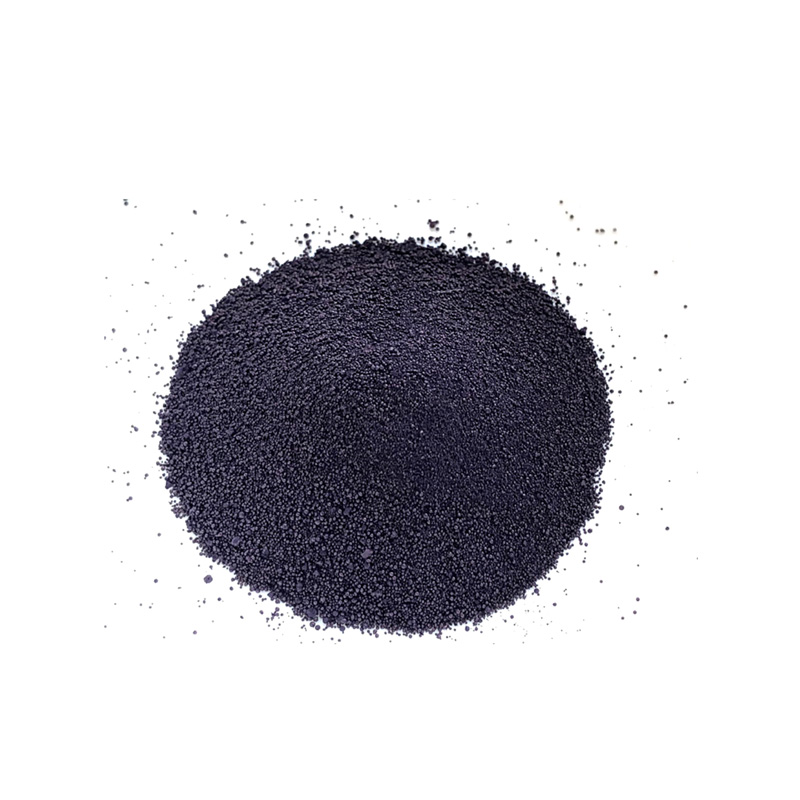plant based indigo dye products
Exploring Plant-Based Indigo Dye Products A Sustainable Choice for Fashion
In recent years, the fashion industry has faced increasing scrutiny regarding its environmental impact. Among the various sustainable initiatives, the use of plant-based dyes, particularly indigo, is gaining traction. Traditionally derived from the Indigofera plant, indigo dye has been used for centuries to create beautiful blue textiles. This resurgence of interest in natural dyeing processes reflects a broader movement towards sustainable fashion and eco-friendly practices.
The Historical Significance of Indigo Dye
Indigo dye has a rich history, tracing back thousands of years to ancient civilizations in India, Egypt, and China. It was once as valuable as gold and was often referred to as “blue gold.” Historically, the process of extracting indigo dye was labor-intensive, involving fermentation and the use of natural ingredients. However, with the advent of synthetic dyes in the 19th century, the use of traditional indigo declined significantly. Thankfully, today we are witnessing a revival of interest in plant-based indigo, which not only offers environmental benefits but also connects us to our past.
Environmental Benefits of Plant-Based Indigo Dye
One of the most compelling reasons to embrace plant-based indigo dye is its reduced environmental footprint compared to synthetic alternatives. Synthetic dyes are often petroleum-based and can be harmful to both the environment and human health. They require vast amounts of water and energy for production and can release toxic pollutants into waterways. In contrast, plant-based indigo is biodegradable and free from harmful chemicals, making it a safer choice for both consumers and the planet.
Moreover, the cultivation of indigo plants can be part of sustainable agricultural practices. Farmers who grow indigo can improve soil health through crop rotation and other sustainable practices, contributing positively to their local ecosystems. Additionally, using plant-based dyes can motivate the revival of traditional farming methods and support local communities economically.
Aesthetic Appeal and Unique Characteristics
plant based indigo dye products

Plant-based indigo dye offers a unique aesthetic that synthetic dyes often cannot replicate. The natural variations and depth of color produced by plant-derived indigo can give textiles a unique charm and character. Each piece dyed with indigo tells a story, as the dyeing process can result in diverse shades and patterns. This uniqueness appeals to consumers looking for individuality and authenticity in their fashion choices.
Furthermore, the process of dyeing with plant-based indigo often incorporates traditional techniques, such as shibori (a Japanese tie-dye technique) or batik, fosters a deeper appreciation for craftsmanship. This connection to artisanal methods adds value to garments and encourages consumers to cherish their clothes rather than treat them as disposable items.
The Future of Indigo in Sustainable Fashion
As awareness grows regarding the environmental impact of fashion, the demand for sustainable options is on the rise. Many brands are now incorporating plant-based indigo dye into their collections, appealing to conscious consumers who value both style and sustainability. High-profile fashion designers and eco-conscious brands are exploring innovative ways to integrate indigo dye into their lines, showcasing its versatility and charm.
The advent of modern technology also promises to enhance the production of plant-based indigo. Innovations in the extraction process and application techniques can make it easier for brands to adopt sustainable practices while maintaining quality and efficiency. As the market for sustainable fashion continues to expand, the use of plant-based dyes like indigo has the potential to become a mainstream choice.
Conclusion
The revival of plant-based indigo dye products speaks to a larger movement within the fashion industry toward sustainability and ethical practices. By opting for natural dyes, consumers contribute to environmental preservation, support local communities, and embrace the unique qualities of artisan-crafted textiles. As we continue to seek alternatives to synthetic dyes, plant-based indigo stands out not only as a sustainable choice but also as a celebration of culture, history, and artistry in fashion. Embracing this timeless dye can help pave the way toward a more responsible and beautiful future for the industry.
-
The Timeless Art of Denim Indigo Dye
NewsJul.01,2025
-
The Rise of Sulfur Dyed Denim
NewsJul.01,2025
-
The Rich Revival of the Best Indigo Dye
NewsJul.01,2025
-
The Enduring Strength of Sulphur Black
NewsJul.01,2025
-
The Ancient Art of Chinese Indigo Dye
NewsJul.01,2025
-
Industry Power of Indigo
NewsJul.01,2025
-
Black Sulfur is Leading the Next Wave
NewsJul.01,2025

Sulphur Black
1.Name: sulphur black; Sulfur Black; Sulphur Black 1;
2.Structure formula:
3.Molecule formula: C6H4N2O5
4.CAS No.: 1326-82-5
5.HS code: 32041911
6.Product specification:Appearance:black phosphorus flakes; black liquid

Bromo Indigo; Vat Bromo-Indigo; C.I.Vat Blue 5
1.Name: Bromo indigo; Vat bromo-indigo; C.I.Vat blue 5;
2.Structure formula:
3.Molecule formula: C16H6Br4N2O2
4.CAS No.: 2475-31-2
5.HS code: 3204151000 6.Major usage and instruction: Be mainly used to dye cotton fabrics.

Indigo Blue Vat Blue
1.Name: indigo blue,vat blue 1,
2.Structure formula:
3.Molecule formula: C16H10N2O2
4.. CAS No.: 482-89-3
5.Molecule weight: 262.62
6.HS code: 3204151000
7.Major usage and instruction: Be mainly used to dye cotton fabrics.

